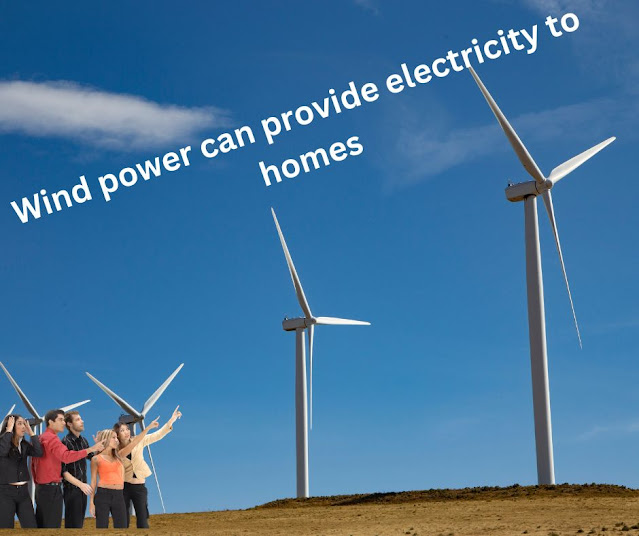Sustainable energy has become a critical topic in today's world due to increasing concerns over climate change, depletion of fossil fuels, and their associated environmental and health impacts.
The shift towards renewable energy sources is inevitable, as the world seeks to mitigate the effects of global warming, improve air quality, and reduce reliance on finite resources. The future of sustainable energy is thus crucial, and this essay explores the various forms of renewable energy and their potential impact on the world.
One of the most promising sources of sustainable energy is solar power. The sun provides an inexhaustible source of energy, and solar panels can harness this energy to generate electricity.
With advances in technology, the cost of solar panels has decreased, and efficiency has increased, making them more accessible and cost-effective.
Solar power has the potential to provide electricity to remote areas, reduce reliance on fossil fuels, and decrease carbon emissions. Additionally, as battery technology advances, energy storage will no longer be a limiting factor in the use of solar power.
Wind power is another source of sustainable energy with significant potential. Wind turbines harness wind energy to generate electricity, and advancements in technology have made them more efficient and cost-effective.
Wind power can provide electricity to homes, businesses, and industries, and has the potential to significantly reduce carbon emissions. Offshore wind farms have also gained popularity, as they provide a more consistent and stronger wind supply, making them more efficient than onshore wind turbines.
Geothermal energy is another form of renewable energy that utilizes heat from the Earth's interior to generate electricity. This energy source is highly reliable and has low emissions, making it an excellent option for reducing carbon footprints.
Geothermal energy can be harnessed from both hot water and steam, and it can provide a constant source of energy, making it ideal for continuous operations.
Hydropower is a widely used source of renewable energy, and it utilizes the kinetic energy from moving water to generate electricity. This energy source has the potential to provide a significant amount of electricity, especially in areas with abundant water resources.
However, large hydroelectric projects can have significant environmental impacts, including the displacement of local communities and the destruction of ecosystems. Therefore, careful consideration is required when implementing such projects.
Bioenergy is another source of renewable energy that utilizes organic matter such as crops, forestry, and agricultural residues to generate electricity.
This energy source is highly versatile and can be used to provide heat, electricity, and fuel. However, the use of bioenergy can also have significant environmental impacts, including land-use changes, deforestation, and loss of biodiversity.
In conclusion, the future of sustainable energy is promising, and the world is moving towards a more sustainable future. Renewable energy sources such as solar, wind, geothermal, hydropower, and bioenergy have significant potential in mitigating climate change, improve air quality, and reduce dependence on finite resources. However, there are still challenges that must be addressed, including the cost-effectiveness of these technologies, their impact on local communities and ecosystems, and energy storage. Nonetheless, with continued advancements in technology and a commitment to a sustainable future, the world can transition to a more sustainable energy system.






No comments:
Post a Comment
Edit your Comment